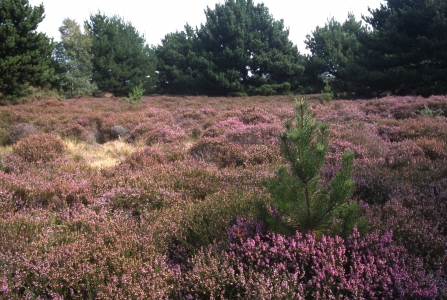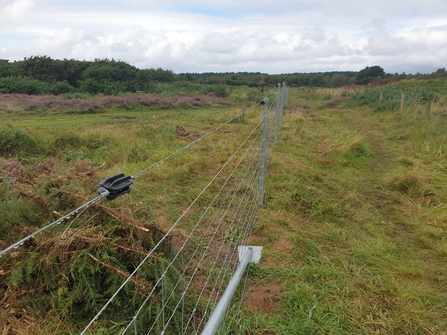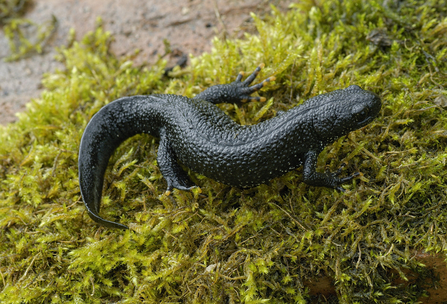Take a wander down the Formby coast and in amongst the breath-taking views across the sea and the occasional glimpse of a red squirrel you might come across a rare area of lowland dune heath; our Freshfield Dune Heath nature reserve. This precious habitat accounts for a whopping nine per cent of the remaining lowland dune heath in the UK.
But there’s a problem. Freshfield Dune Heath was only created as a nature reserve 18 years ago, having previously been Ministry of Defence land for the neighbouring RAF Woodvale air base. Whilst it is a designated Site of Special Scientific Interest and a Special Area of Conservation, it is currently classified as being in ‘unfavourable’ condition.
To bring it back to full health we need to control the large areas of gorse and scrub birch that are threatening to dominate the site and outcompete many of the varied species that would naturally be present. We also want to protect and support the over 1000 invertebrate species, including over 500 different butterflies and moths, that already call Freshfield Dune Heath home.



